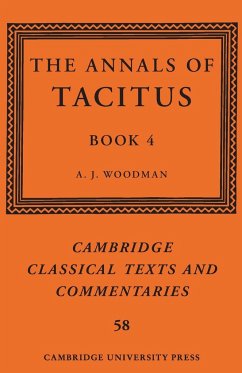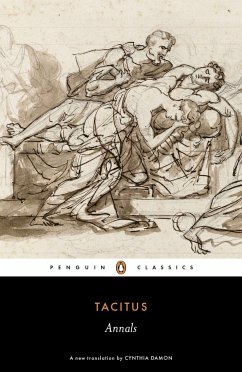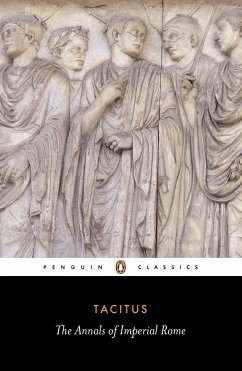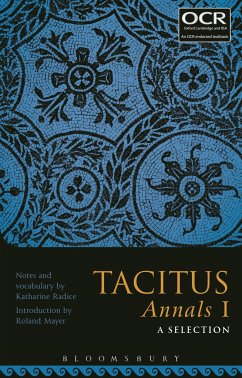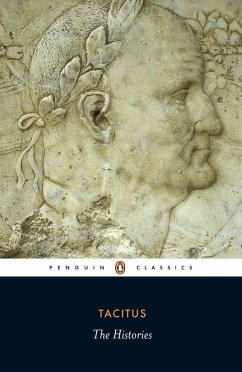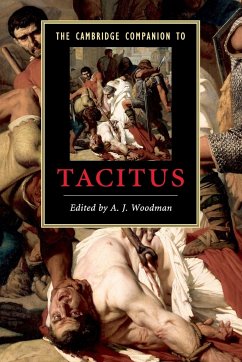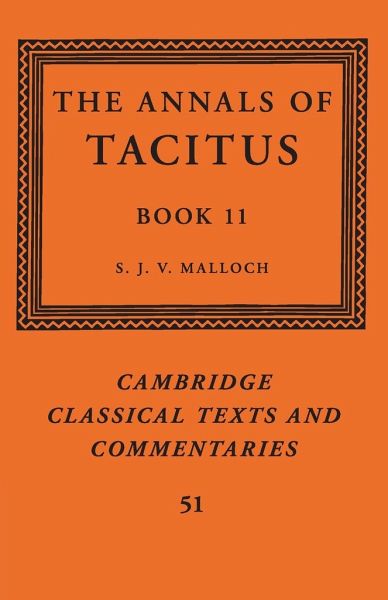
The Annals of Tacitus
Book 11
Herausgeber: Malloch, S. J. V.
Versandkostenfrei!
Versandfertig in 1-2 Wochen
51,99 €
inkl. MwSt.

PAYBACK Punkte
26 °P sammeln!
This edition of Annals 11, the first scholarly edition in English in over a hundred years, contains a full and detailed introduction, a newly established Latin text with apparatus, and a comprehensive commentary that illuminates historical, historiographical, textual, linguistic and literary issues that arise from the narrative.





